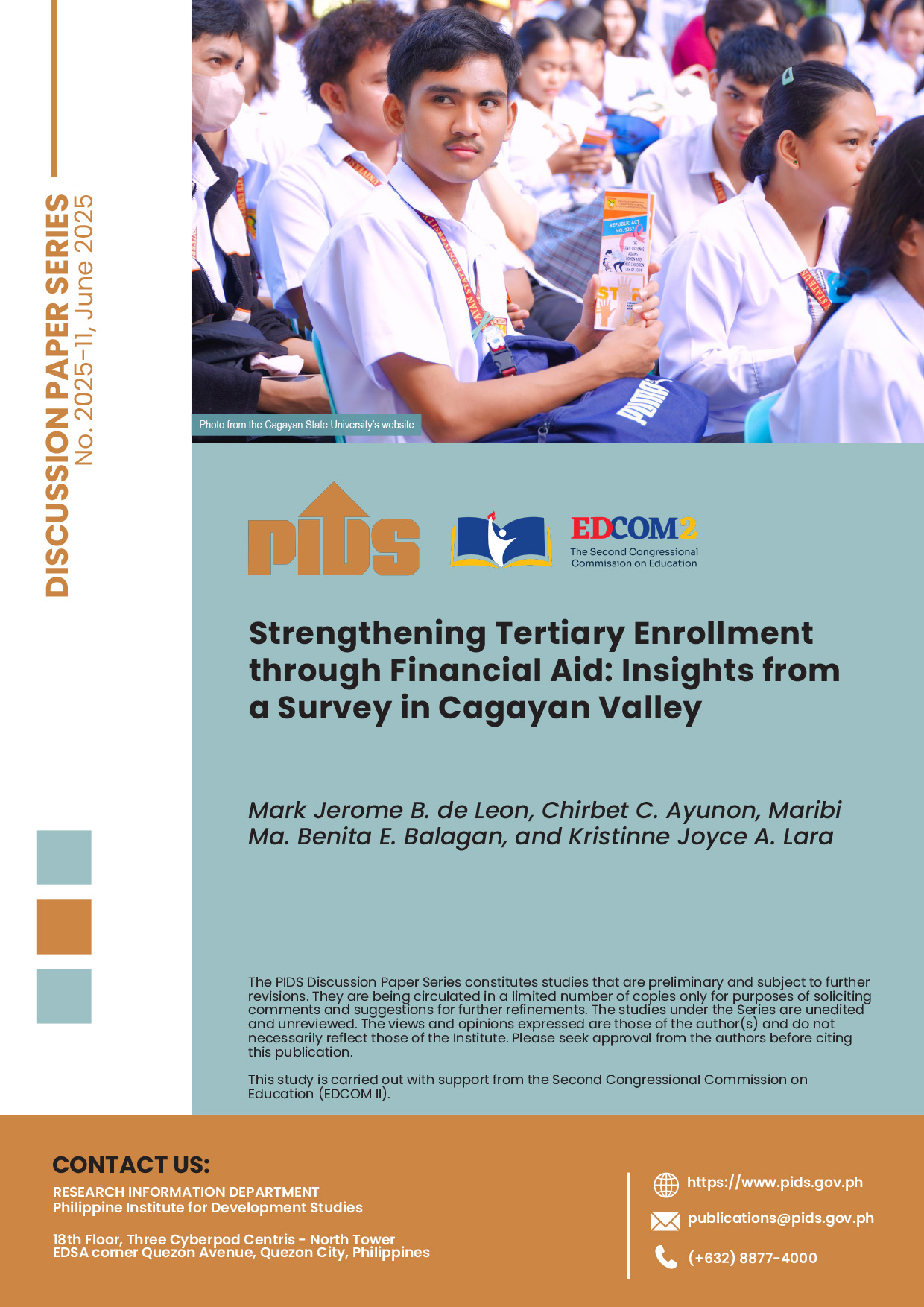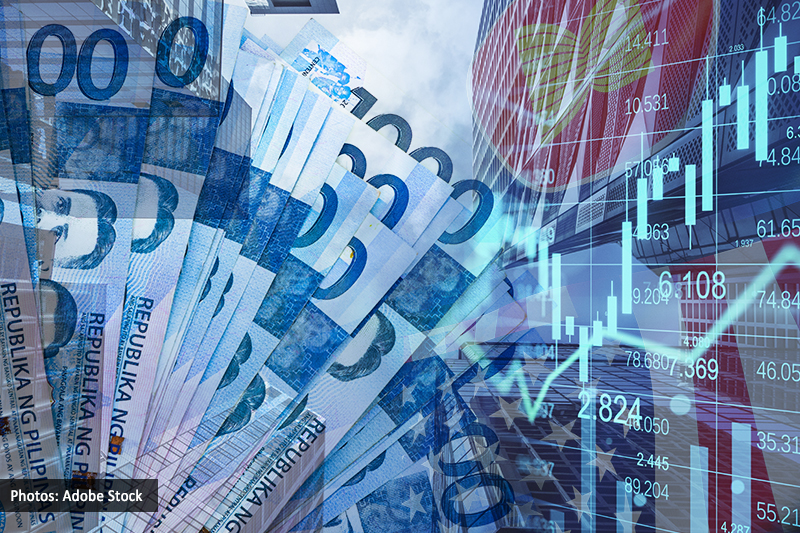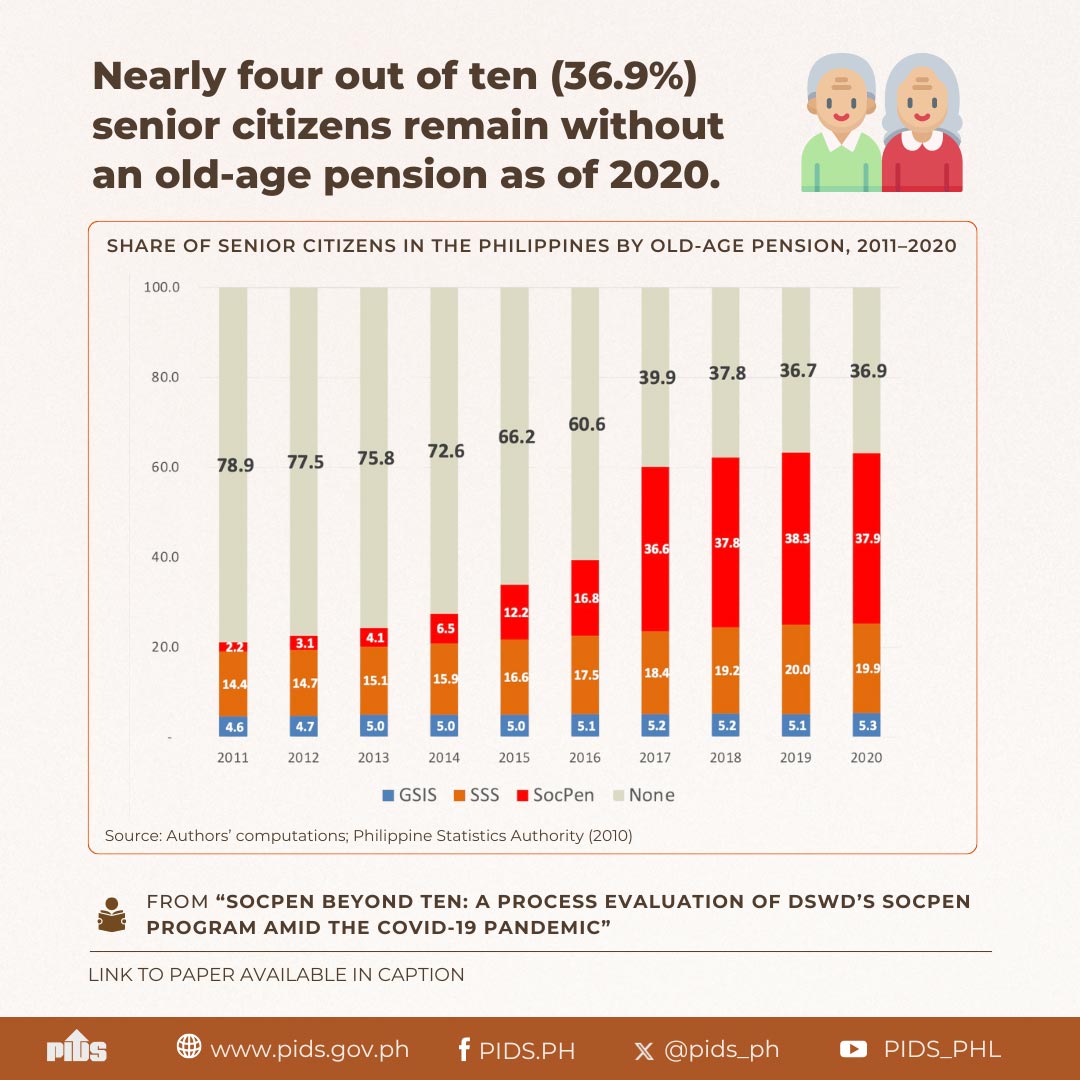THE implementation of tax increases in the banking and finance sector under the Tax Reform for Acceleration and Inclusion (Train) Act could discourage investors from buying local financial instruments, according to a consultant of the Philippine Institute for Development Studies (PIDS).
In a Policy Note, PIDS Consultant Geminiano L. Sandoval Jr. said the higher taxes could make the Philippines lose investors to its other neighbors in the Association of Southeast Asian Nations (Asean).
Sandoval found through a number of Key Informant Interviews (KIIs) that taxes in banking increased by 100 percent, and there were significant increases in taxes related to equities and insurance.
“Tax rates under TRAIN have significantly increased. Such increases, particularly on DST [Documentary Stamp Tax], may be acceptable in single transactions. However, from the business standpoint, the cost of completing a transaction or delivering their service have already doubled,” Sandoval said.
“In wholesale investments, the increased costs accumulate, which may, in turn, reduce interest in the Philippines. In this regard, data on these sectors should be reviewed as soon as they become available,” he added.
Based on data collected by Sandoval, Interest income from Foreign Currency Deposit Unit increased to 15 percent from 7.5 percent; Bank checks, drafts, certificates of deposits not bearing interests and other instruments (DST), P3 from P1.50; and debt instruments (DST), P1.50 for every P200 and its exceeding fraction from P1.
Sandoval also said DST for bills of exchange or drafts; upon acceptance of bills of exchange; and Foreign Bills of Exchange and Letters of Credit increased to P0.60 for every P200 and its exceeding fraction from P0.30.
Further, in terms of mortgages, Sandoval noted there was also an increase to P40 from P20 when the amount secured does not exceed P5,000, and an increase to P20 from P10 on each P5,000 and fraction exceeding every P5,000.
“While the DST imposed by the Philippines appears to be reasonable, its rates have significantly increased under Train. It is difficult to assess the impact of these new rates on trade in financial services because checks and bill of exchange may be more relevant in the domestic sphere rather than in international trade,” Sandoval said.
In terms of equities, stocks not traded in the stock exchange are now uniformly taxed at 15 percent on capital gains. Prior to the TRAIN regime, their tax was only at 5 percent if the gain were P100,000 or less, and 10 percent if over P100,000.
Sandoval added that taxes for stocks traded in the stock exchange and not sold by a dealer have increased by 20 percent under TRAIN, from 1/2 to 6/10 of 1 percent of the gross selling price.
“Most of our Asean neighbors do not impose a tax on the transfer of shares,” he said. “Indonesia is one exception, but its rate is but a small fraction of what the Philippines charges.”
For insurance transactions, Sandoval said that various DST rates for life-insurance policies, as well as changed tax base, which moved from the effective rate of 12 percent on the premium.
However, Sandoval noted that it increased the effective rate for preneed plans to 0.20 percent from 0.10 percent, and also doubled the DST for certificates of damages.
“Similar to the Philippines, other Asean countries also impose a standard corporate income tax on life-insurance companies. However, the Philippine corporate income tax rate is the highest in the Asean region. This means life-insurance companies in the Philippines are subject to the highest income tax in Asean,” he added. Sandoval recommended that a careful analysis be done on the imposition of taxes on financial services to prevent any unintended consequences.












